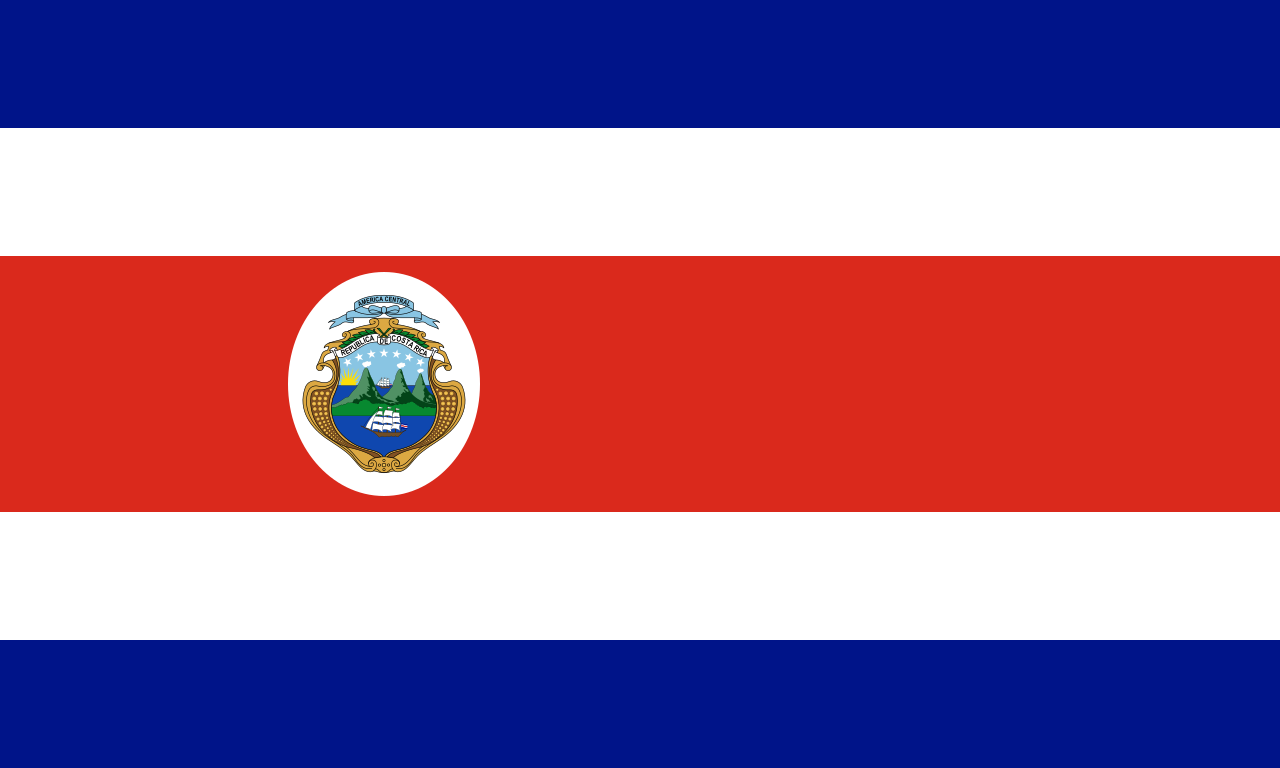Overview of Gambling License in Costa Rica
“Costa Rica does not have a specific gambling licence” is the first fact every founder must note. Instead, the government allows companies registered as “data-processing” businesses to provide online gambling services outside of Costa Rica while prohibiting play from Costa Rican residents. Recent legal commentary confirms that no draft bill to introduce a full remote-gaming framework is on the 2025 legislative agenda.
Land-based casinos do hold traditional concessions supervised by the Ministry of Finance, but those permits apply only to hotel-based gaming floors.
The Costa Rican gambling industry operates under the principle that what is not explicitly prohibited is permitted. While gambling services cannot be provided to Costa Rican residents, hundreds of registered gambling businesses operate internationally from Costa Rica. This makes it an ideal jurisdiction for startups that want to test and iterate quickly in a business-friendly environment.
Benefits of Obtaining a Gambling License
The advantages of establishing a gambling business in Costa Rica are compelling for both startups and established operators looking for cost-effective solutions. The jurisdiction offers significant financial benefits through its territorial taxation system, where companies don’t pay taxes on income earned outside Costa Rica.
| Benefit | Detail |
|---|---|
| Low entry cost | Municipal fee ≈ US $3000; no state application charge |
| Fast approval | Incorporation + permit in 3–4 weeks |
| 0 % gambling tax | Offshore income exempt from local gaming or corporate tax |
| Flexible content | One permit covers casino, poker, sports bets, esports |
| Server freedom | You may host servers in Costa Rica or abroad |
Types of Licenses for Gambling Companies
Costa Rica’s online gambling licensing structure differs significantly from traditional gaming jurisdictions. You should remember that a “Costa Rica gaming licence” marketed by some agents is simply the data-processing permit plus the commercial patent.
| Licence or Permit | Purpose | Comments |
|---|---|---|
| Data-Processing Licence | Allows a company in Costa Rica to process international wagers (iGaming, sportsbook, lotteries) | Issued by local municipality |
| Municipal Commercial Patent | Required for any business in Costa Rica; covers office premises | Linked automatically to the data-processing file |
| Hotel-Casino Concession | Land-based tables & slots inside hotels | Regulated separately under tourist law |
Requirements for Obtaining a Gambling License
Establishing a gambling business in Costa Rica requires meeting specific criteria and following structured procedures. The requirements are relatively straightforward compared to other jurisdictions, making it accessible for new operators:
- Incorporate a Sociedad Anónima (SA) or Sociedad de Responsabilidad Limitada (SRL) with at least two shareholders – no need to be a citizen of Costa Rica.
- Draft by-laws stating the object is to provide online gambling services outside Costa Rica.
- Lease a small office and register for tax; the SA pays a fixed annual fee if no local income arises.
- Apply for a data-processing licence at the municipal council; attach proof of company registration and police clearance for directors.
- Open a bank account for a gambling company – usually with an offshore bank, as many Costa Rican banks avoid high-risk merchant flows.
Compliance and Regulatory Considerations
While Costa Rica lacks specific gambling legislation, operators must still comply with various regulatory requirements to maintain their authorization and operate legally.
Ensuring Compliance with Gaming Regulations
Despite the light regime, operators must still follow international standards on AML and responsible gaming to satisfy payment providers. A written KYC/AML manual and monthly suspicious-activity log are recommended.
Responsibilities of License Holders
- Keep servers in Costa Rica or another declared jurisdiction.
- Block IPs from residents of Costa Rica and any country that requires a local licence.
- Maintain accurate accounting records for annual filing at the tax office.
Consequences of Non-Compliance
Municipal councils can revoke the permit; gaming suppliers or PSPs may freeze accounts if the operator targets forbidden markets.
Anti-Money Laundering Compliance
All gambling companies in Costa Rica must implement robust AML/CFT procedures and comply with international financial regulations. This includes:
- Conducting background checks on players
- Monitoring transactions for suspicious activity
- Maintaining detailed client records
- Implementing Know-Your-Client (KYC) policies aligned with OECD nation standards
Incorporation of a Gaming Company in Costa Rica
The incorporation process for a gaming company in Costa Rica follows a structured approach designed to ensure proper business establishment and regulatory compliance.
Most founders set up an SRL because it limits liability and needs only US $100 stated capital. Notary fees average US $1 200 and the Public Registry posts the entity within one week. A limited liability company in Costa Rica is then eligible to register a company for the data-processing permit.
Advantages and Disadvantages of a Costa Rica Gambling License
Understanding both the benefits and limitations of Costa Rica’s regulatory framework will help you to make an informed decision about jurisdiction selection.
| Aspect | Advantage | Disadvantage |
|---|---|---|
| Entry cost | Among the lowest worldwide | No formal regulatory back-stop |
| Time-to-market | 3–4 weeks if papers are clean | Payment processors carry extra scrutiny |
| Tax | 0 % on offshore play | Cannot target Costa Rican residents |
| Reputation | Acceptable in some LATAM & Asia markets | Less credible in EU & US due to “no-license” status |
Taxation and Financial Reporting for Gambling Companies
Costa Rica’s taxation framework for gambling companies offers significant advantages while maintaining compliance with international standards. There is no gambling-specific tax on revenue earned outside of Costa Rica, but companies must pay standard corporate taxes on income generated locally
Law 9050 applies a 2% levy only to “linking” companies whose platform directly serves local bettors, which data-processing operators must avoid. Bookkeeping must follow IFRS and be filed annually with the Ministry of Finance, but zero-income declarations are common among offshore-only firms.
Companies must maintain detailed financial records and submit regular reports to tax authorities. All accounting must be conducted in Spanish and follow Costa Rican commercial code requirements.


